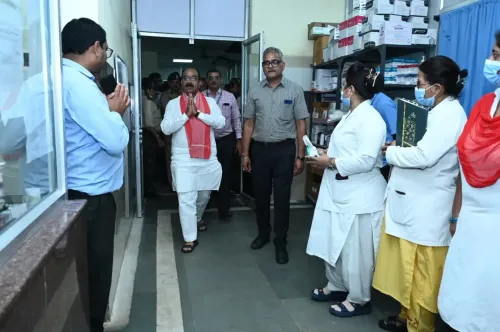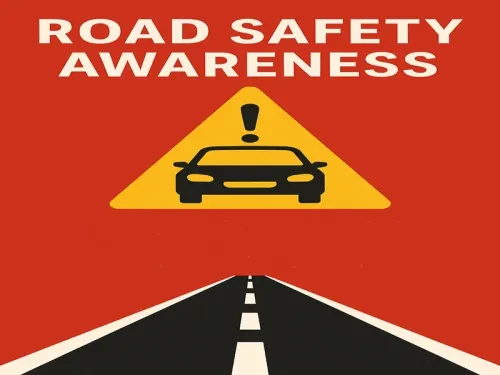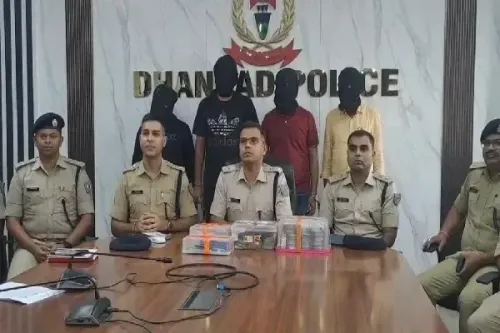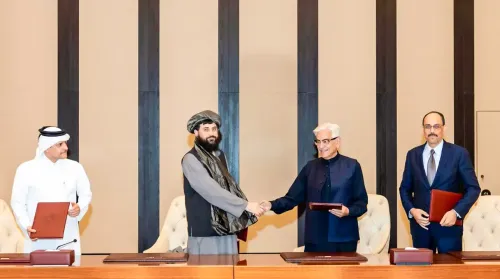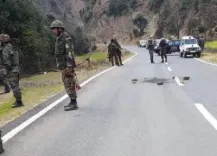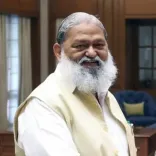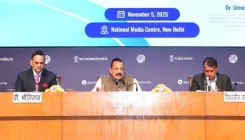Did Indira Gandhi Sacrifice the Constitution for Power in 1975?
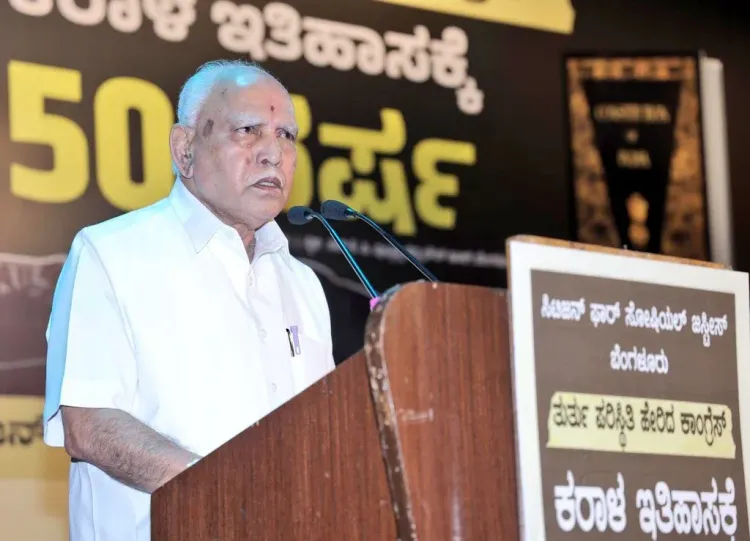
Synopsis
Key Takeaways
- The Emergency was a significant violation of constitutional rights.
- Political power was prioritized over democracy.
- The resistance against the Emergency was led by prominent figures.
- June 25 is a crucial date in India's political history.
- Accountability is vital to prevent history from repeating itself.
Bengaluru, June 24 (NationPress) - Former Karnataka Chief Minister and member of the BJP Central Parliamentary Board, B.S. Yediyurappa, emphasized on Tuesday that the Emergency period initiated by former Prime Minister Indira Gandhi in 1975 marked a time when the revered Constitution was profoundly compromised solely to maintain power.
Yediyurappa spoke at an event titled “50 Years of the 1975 Emergency – Dark Days,” held at Town Hall in Bengaluru.
He indicated that during the Emergency, citizens’ fundamental rights were systematically stripped away. In the relentless quest for absolute authority, the voices advocating for freedom were suppressed, and essential liberties such as press freedom, judicial independence, and civil rights were blatantly disregarded.
According to Yediyurappa, the autocratic governance fueled by an insatiable desire for power continues to evoke indignation even today. “The judiciary, executive, and legislature were all ensnared for the singular aim of clinging to authority,” he remarked.
“The freedom of expression and political rights were obliterated, the press was entirely silenced, and democracy was suffocated. The Congress party, which had spearheaded the struggle for independence, resorted to these tactics to retain its grip on power post-Independence. If this were not the case, the Congress would not have enacted the Emergency and stifled the principles enshrined in the Constitution bestowed upon us by B.R. Ambedkar,” he added.
Noted columnist and economic commentator S. Gurumurthy, who delivered the keynote address, highlighted that in 2024, the Leader of the Opposition in the Lok Sabha, Rahul Gandhi, began to brandish the Constitution, claiming to be its guardian. However, he pointed out, “It appears he is unaware that it was his grandmother (the late PM Indira Gandhi) who violated the very Constitution during the Emergency.”
He questioned whether the Congress, which enforced the Emergency, possesses any moral or legal right to discuss the Constitution, constitutional rights, or freedom.
He asserted that June 25 is regarded as the “day the Constitution was murdered.” This was not merely an 18-month ordeal, but a time when the Constitution was modified to facilitate one family's “authoritarian regime.”
He reminisced about how even ordinary citizens such as Jayaprakash Narayan fiercely resisted the Emergency.
Gurumurthy noted that the newly elected non-Congress political figures failed to hold the Congress leaders accountable for the Emergency. Consequently, the Congress regained power. In the subsequent 34 years, the leaders responsible for the Emergency governed the country for 28 years, successfully erasing the painful memories of the Emergency from public awareness.
He recalled how later, the late PM Rajiv Gandhi ascended to power with 415 MPs while the BJP was left with merely two. “The BJP is dead; even carrying its body would require four people, but only two are present,” was the sardonic remark made during that period.
He also mentioned that Rajiv Gandhi had stated, if necessary, he would not hesitate to impose the Emergency again.
The day was centered around reflecting upon the grim 21 months of the Emergency and commemorating its “inhuman” episodes. A photo exhibition showcasing the contributions of RSS volunteers and members of various parties during the resistance was also organized.
The audience vocally condemned the dark era of the Emergency.

